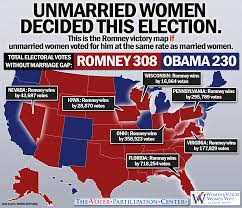记忆方法
为了记忆“electorate”,可以将其分解为“elect”(选举)和“orate”(说话)两部分。想象一个场景:在选举中,人们“说话”(orate)来决定选票的去向,即“electorate”指的是拥有选举权和被选举权的人群。通过这个故事性的联想,可以更容易地记住这个单词。
以上内容由AI生成, 仅供参考和借鉴
英语词源
- electorate (n.)
- 1670s, "condition of being an elector," in reference to Germany, from elector + -ate (1). Meaning "whole body of voters" is from 1879.
权威例句
- 1. The government largely misread the mood of the electorate.
- 政府在很大程度上没有弄清楚全体选民的情绪。
- 2. The Government could expect only ingratitude from the electorate.
- 政府从选民那里得到的只有忘恩负义。
- 3. Mr Walsh has a keen appreciation of the priorities of the electorate.
- 沃尔什先生深刻理解选民最为关注的事项。
- 4. Since Independence the electorate has been polarized equally between two parties.
- 自独立以来支持两个政党的选民已分化为势均力敌的两派。
- 5. They largely misread the mood of the electorate.
- 他们很大程度上误读了选民的意图。
